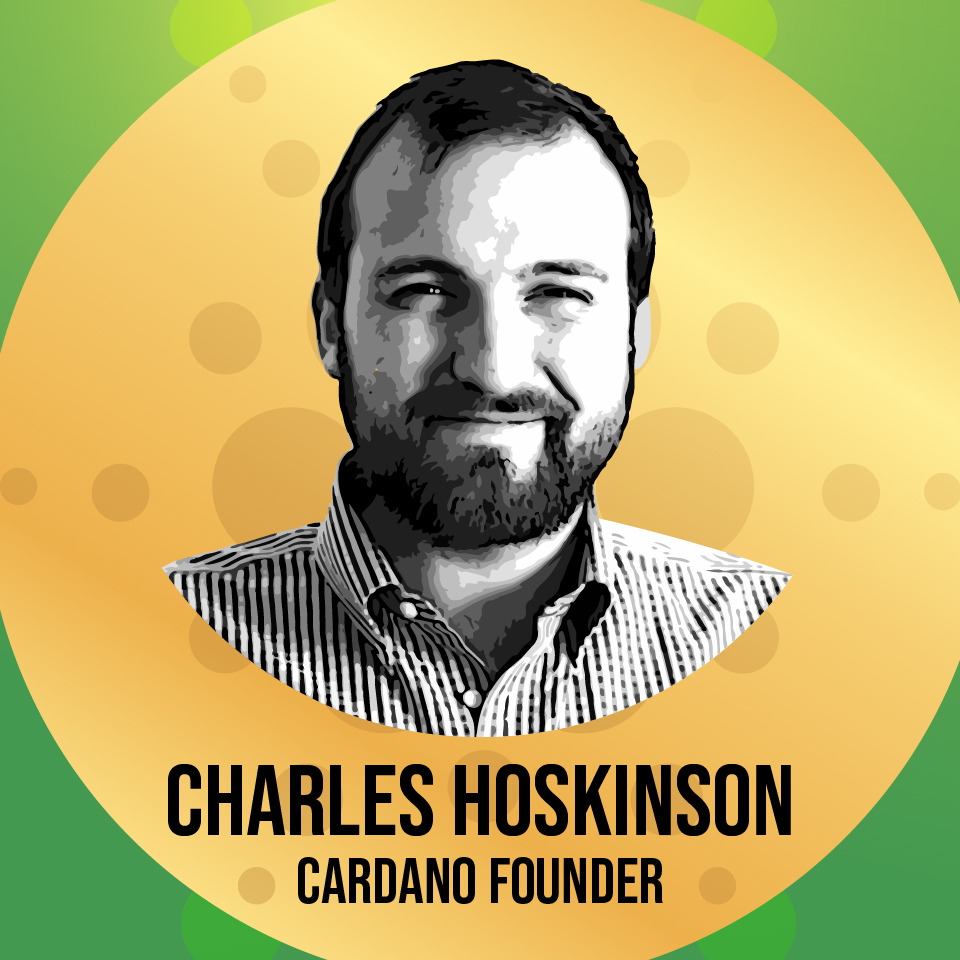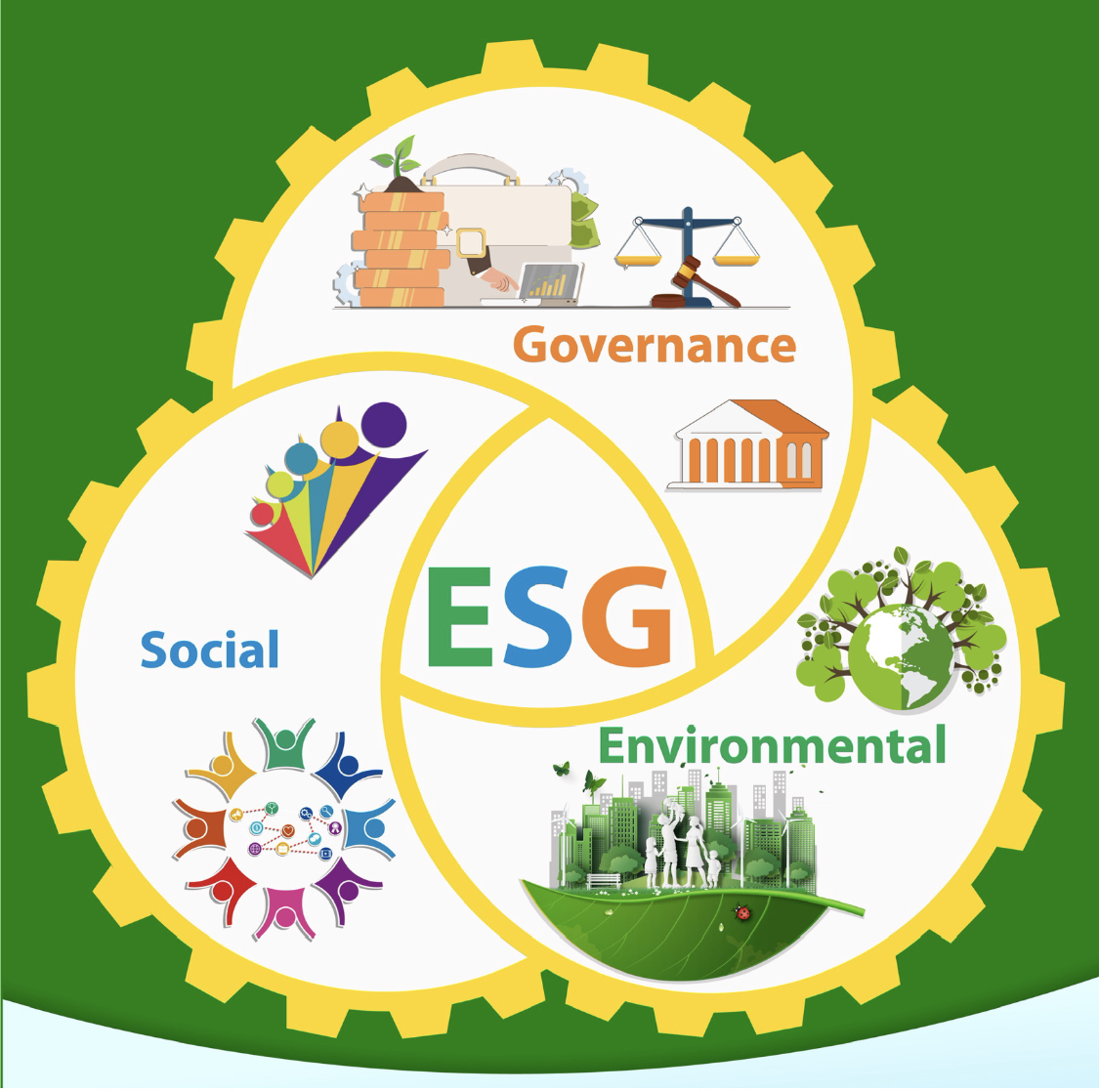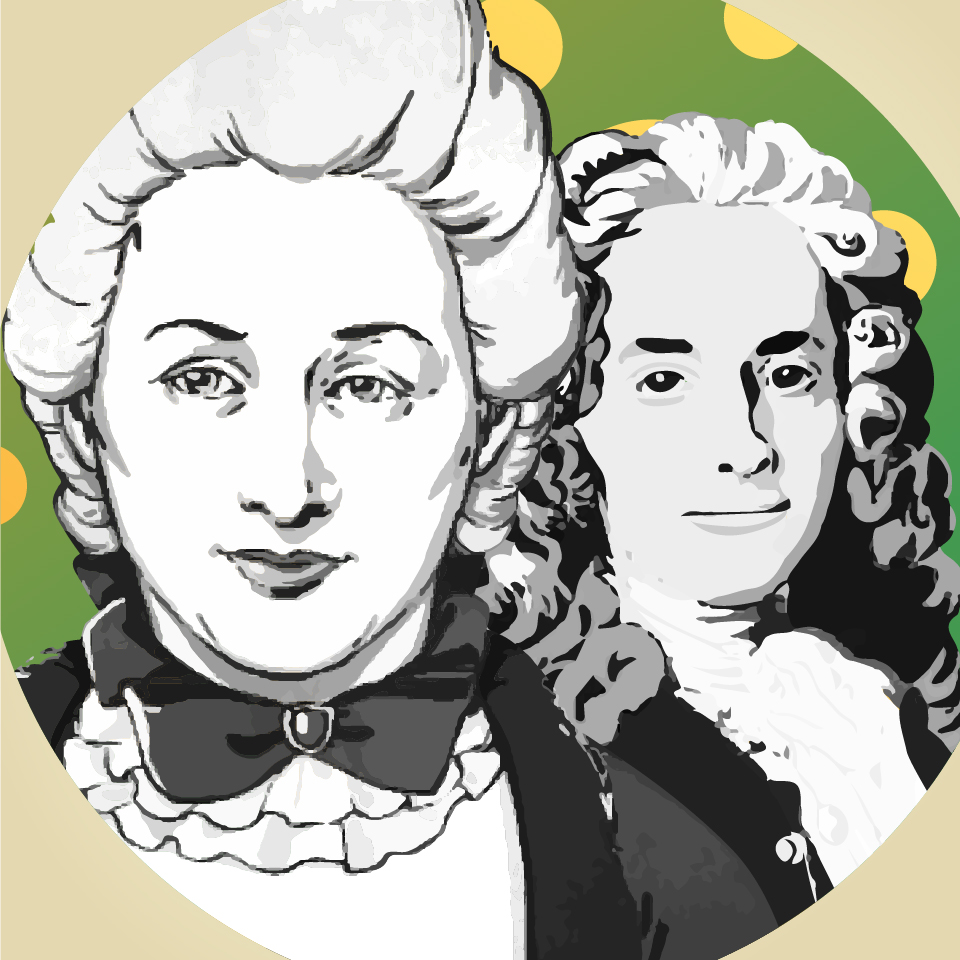
Knowledge Base
Everything relating to Cardano can be traced back to its co-founders: Charles Hoskinson and Jeremy Wood. I highlighted Jeremy Wood in one of my recent posts, and now I will attempt to illuminate some of the important facts about Charles Hoskinson and his broad sweeping vision for Cardano and the world.
Charles often describes himself merely as a "mathematician", but this is a modest understatement. He has been part of the cryptocurrency world for more than 10 years, his net worth is estimated to be in the area of 600 million dollars, yet he is still only 35 years old. Not bad for a "mathematician". I would describe him as a blockchain/programming/genius/entrepreneur/philanthopist who has exactly the opposite personality type from what we normally associate with success in those areas of expertise. He lives on a ranch near Wheatland, Wyoming, and he is invariably down to earth, broadly inclusive in his futuristic world-view, and relentlessly critical of the accepted norms that our current finance systems represent. He has more than 100,000 subscribers to his YouTube channel, travels extensively to promote blockchain technology and Cardano, and has taken part in numerous conferences, panels, and public debates all over the world, such as the World Economic Forum in Davos in 2020 focusing on blockchain use-cases and the present and future worldwide impact of cryptocurrencies.
He originally attend Metropolitan State University of Denver and the University of Colorado at Boulder, sudying analytic number theory which led him to cryptography and cryptocurrencies. Controversy over his claims to have been enrolled in a PhD program in Denver arose due to the fact that there was no graduate program in mathematics for him to be enrolled in at that time, nor did he earn a degree at either institution. Personally, I don't care if he graduated or earned a degree. His accomplishments speak for themselves. Many notable tech giants did not graduate from college or earn PhDs: Bill Gates, Steve Jobs, and Mark Zuckerberg being the first to come to mind, and I would say they did pretty well in spite of this omission. As Mark Twain once famously stated: "I never let book learning interfere with my education." The bottom line here is that Charles Hoskinson is cut from a different kind of cloth than most people, similar in many ways to pioneers of any genre, and we are fortunate that he pursued his genius and passion for blockchain technology without losing too much time attending school. I do not condone skipping out on college attendance, I owe my own success to my educational foundations, but learning to succeed through hard work in real time has no substitute.
In 2013 Hoskinson was convinced that Bitcoin would become the "digital gold" of the future and launched the Bitcoin Education Project. He then joined Vitalik Buterin and the Ethereum founding team, holding the position of Chief Executive, before separating from the project in 2014. Later in 2014 he and Ethereum team colleague, Jeremy Wood, launched Input Output Hong Kong, (IOHK), intending to develop cryptocurrencies and blockchains. As we all know, Cardano and ADA are the key projects IOHK developed. In 2017 IOHK underwrote blockchain researech simultaneously at the Tokyo Institute of Techmology and the University of Edinburgh that initiated the creation of the Ouroboros protocol which powers the Cardano ecosystem, and the rest is history as we say...
In 2021 Charles Hoskinson donated $20 million dollars to Carnegie Mellon University to build the Hoskinson Center for Formal Mathematics. Obviously he understands the place that higher education has in the world today. In 2020 IOHK donated $500,000 to the University of Wyoming to launch a blockchain development laboratory. When Charles purchased his ranch in Wheatland, Wyoming, he underwrote the cost of equipment for the County Sheriff's office. He also bought and renovated a restaurant in Wheatland. My guess is that Charles has many philanthropic projects going on that are not widely publicized. And if you consider that he sees Cardano's mission as enabling the millions (more like 2 billion) "unbanked" and "undocumented" citizens of the world to have access to seamless cross-border banking and blockchain secured document authenticity, then in a sense everything he does is philanthropic.
From being a mere "mathematician", Charles has become an recognizable ambassador of real world blockchain use-cases and the power of cryptocurrencies. He recently said, "People recognize me in airports!" If we consider that Bitcoin has only existed since 2009, and that Ethereum and Cardano are both under 10 years in existence, I would say Charles has transcended the status of a mere "mathematician" in multiple beneficial and significant ways. I am deeply committed to staying on the path of blockchain implementation, Cardano in particular, and seeing us all move towards the better world that Charles envisions.

|
written by: Eric Hill published at: Mar 22, 2023
|

Knowledge Base
Dec 3, 2023, by Eric Hill

Knowledge Base
Sep 7, 2023, by Eric Hill

Knowledge Base
Apr 9, 2023, by Eric Hill

Knowledge Base
Oct 22, 2022, by Eric Hill